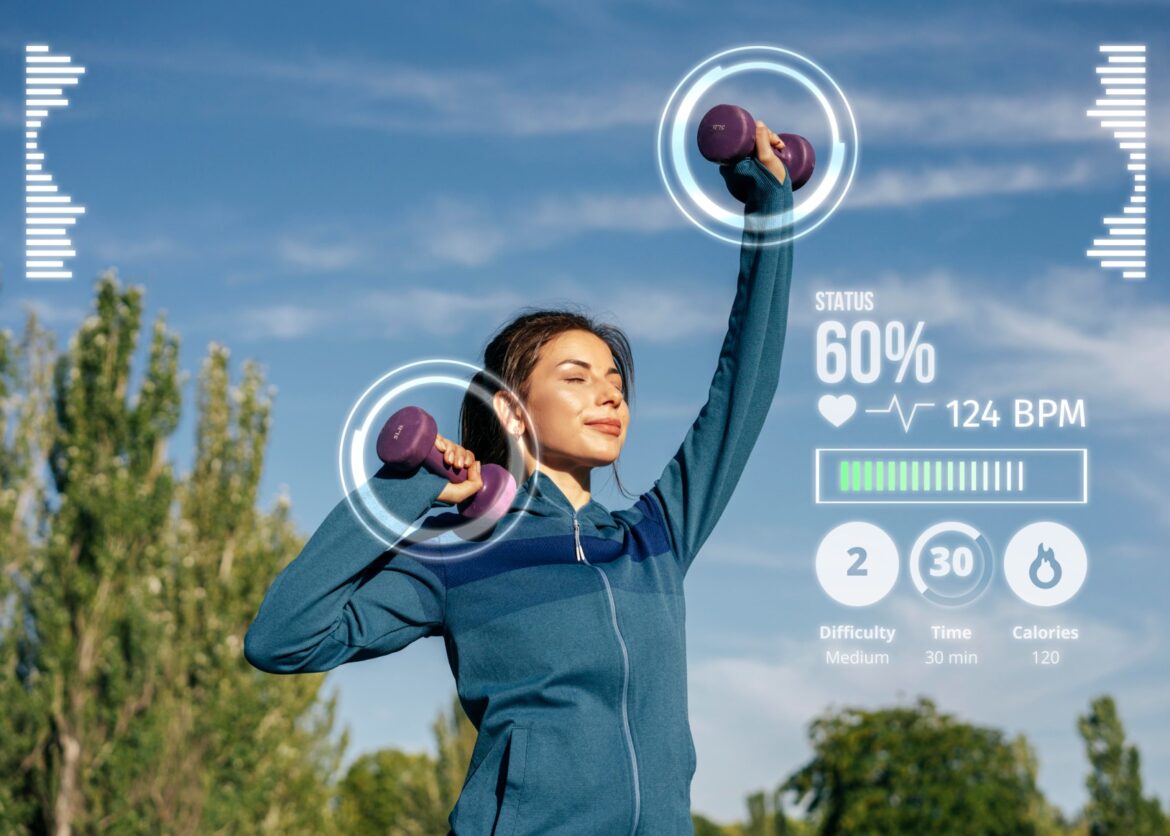Personalized Fitness and Wellness Plans
Health and fitness are changing. The shift is towards personalized plans. This marks a new approach to individual health journeys. It is especially so for women. This custom path to fitness is tailored to fit your goals, body type, and lifestyle. It redefines what wellness is. We engage with this trend. We explore how these custom workouts are changing how women engage with fitness. They are backed by technology, expert insight, and a growing focus on whole health.
The Personalization Paradigm—A Shift Towards Tailored Fitness
It is based on the idea that each person’s body, goals, and challenges are unique. As Bruce Lee famously said, “Absorb what is useful, discard what is not, and add what is uniquely your own.” This idea is at the heart of personalized fitness plans. They avoid one-size-fits-all approaches. Instead, they use regimens that respect and adapt to individual differences. The plan fits into a busy schedule. It has exercises for specific body types. It also has routines for personal health concerns. The focus is on crafting a fitness journey that fits the individual’s life.
The Role of Technology in Personalized Fitness
Technology plays a pivotal role in facilitating personalized fitness plans. Wearable devices track real-time health data. Apps offer custom workout and nutrition advice. Technology gives the tools to tailor fitness plans precisely. These digital aides provide insights into one’s physical health. They also empower individuals to track progress, adjust goals, and stay motivated. As Bill Gates once remarked, technology is just a tool. The teacher is the most important in motivating the kids to work together.” In personalized fitness, technology is the tool. The individual—or their coach—becomes the orchestrator of their wellness journey.
Nutrition and Wellness— Integral Components of Personalized Plans
A personalized fitness plan includes more than just workouts. It also covers nutrition and wellness. This holistic approach recognizes the interconnectedness of diet, mental health, and physical exercise. Hippocrates said “Let food be thy medicine and medicine be thy food.” This shows the importance of nutrition in any fitness plan. The plans are tailored to support workout goals and promote health. They include dietary advice. It emphasizes the need for a balanced approach to health.
Mental wellness, too, is an essential component of personalized fitness plans. Fitness routines now include techniques such as mindfulness, meditation, and stress management. They acknowledge the big impact of mental health on physical well-being. This full approach ensures that personalized fitness is not just about looks or performance. It’s also about nurturing the body and mind.
The Impact on Women’s Fitness
For women, the rise of personalized fitness plans has been particularly impactful. We customize the regimens. They acknowledge and address the special health concerns of women. These include societal pressures and life stages. They offer a more inclusive and supportive fitness journey. Personalized fitness plans can adapt to the details of female biology. This includes hormonal changes and pregnancy. They offer safe workouts and support women’s health.
Also, focusing on personal goals helps fight the narrow fitness stories in the media. These narratives encourage women to focus on strength. They also encourage them to focus on flexibility and endurance. They also stress mental wellness for fitness success. This shift promotes a healthier relationship with fitness. The journey is celebrated as much as the destination.
The Future of Personalized Fitness
Fitness plans will get more personalized. They will also get more sophisticated as we look to the future. AI and machine learning could lead to more nuanced customization. They could predict and adapt to real-time individual needs. Personalized fitness has the potential to integrate with healthcare. It can offer preventative and rehabilitative solutions. This possibility is also on the horizon. This trend will likely continue to empower people. It will especially help women. They can take control of their health in meaningful, effective, and lasting ways.
Conclusion
Personalized fitness and wellness plans are on the rise. They signify a big change in how people approach their health and fitness journeys. The regimens prioritize customization. They use technology and a holistic approach. They offer a path to wellness as unique as the individuals starting them. This trend is profoundly impacting women. It gives them the tools, understanding, and support. They need to navigate their fitness journey. They can do it with confidence and clarity. In health and wellness, personalized fitness plans show that to achieve health goals, the best approach is to recognize and celebrate individuality.
